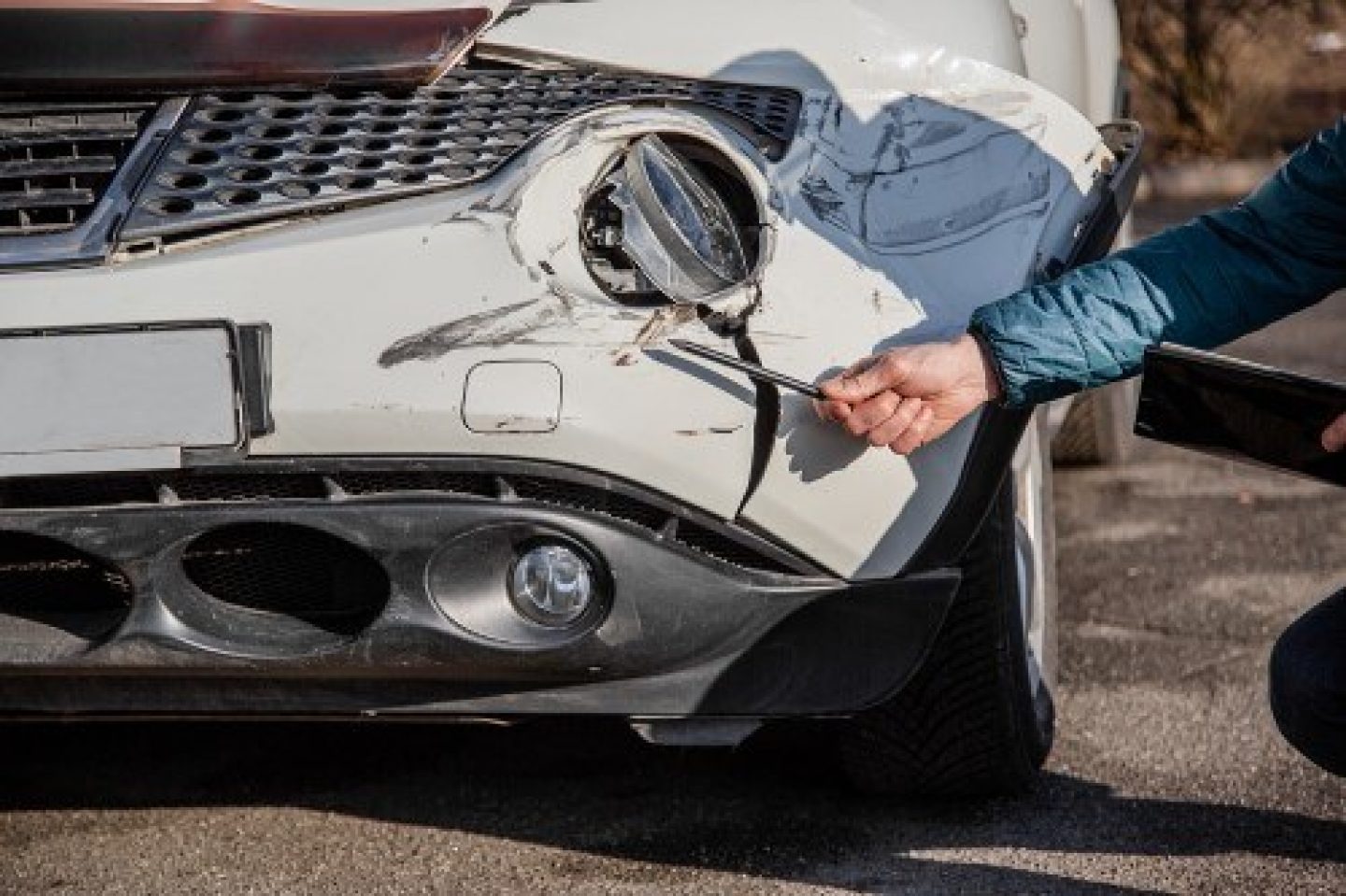Why do we need a Road Collision Investigation Branch
A Safe System approach to our roads means is build upon making improvements to road design, speeds, vehicles, road use and post-crash care. However, without detailed investigation of collisions, it is impossible to know which, out of many possible, countermeasures are likely to save most lives, nor monitor the effectiveness of implemented countermeasures.
We do it for rail, aviation, and sea disasters: why not road?
Road crashes cause vastly more deaths in the UK than other transport disasters. Yet other modes of transport have independent agencies to investigate deaths and injuries and make recommendations to government regarding actions that should be taken to prevent future deaths and injuries. This includes the Rail Accident Investigation Branch, the Air Accidents Investigation Branch and the Maritime Accident Investigation Branch.
The RAIB and MAIB are statutory branches, established within acts of parliament within the past 25 years (Railways and Transport Safety Act 2003, Merchant Shipping Act 1995). The AAIB has been operating for more than 100 years having been established in 1912.
How are road crashes investigated at the moment?
Information about the perceived causes of road crashes is recorded by police at the time of collisions, for criminal prosecution purposes and to inform statistics collated and published by the Department for Transport. This information mainly provides basic data including, for example, modal choice of victims, age of victims, time of day, etc. There is additional data available from hospitals relating to presentation of injuries. Collectively, however, this information is not adequate to investigate and determine the most effective countermeasures to tackle road casualties.
Find out the facts about collision investigation
Collision investigationWhat are we calling for
Brake are calling upon the Government to establish an independent Road Collision Investigation Branch (RCIB) that identifies causation that can be prevented through design or management, rather than trying to establish criminality.
The RCIB should identify and make recommendations regarding effective and cost-effective countermeasures to stop deaths and injuries, support Britain’s police in pursuance of excellence in their forensic investigation of crashes, and develop standards and expertise in collision investigation, data recording and analysis that can assist and unify investigations in the UK and, for comparison purposes, abroad.
Support our campaign for an RCIB here
'Zero in' campaignHow close are we to getting a Road Collision Investigation Branch
In 2018, the Government funded the RAC Foundation to deliver the Road Collision Investigation Project,. This Road Safety Statement, 2019, states that this project will:
"...examine the causes of road traffic collisions and their impact as well as examining if there is a business case for a Road Collison Investigation Branch."
In response to a parliamentary question in 2020 about collision investigation, Kelly Tollhurst MP, responding on behalf of the Government, stated:
"The Department has sponsored the RAC Foundation to conduct the Road Collision Investigation Project which is ongoing and will report by Summer 2022. This project is seeking to establish whether there is a business case for putting more resource into the investigation of road crashes and if so, to identify how best to develop it. Considerations will include whether the future service should be nationwide and independent among other options. Their recommendations, together with learning from the ongoing Roads Policing Review which will report in 2021, will provide the evidence base necessary for an informed assessment to be made."
On 1 December 2020, the RAC Foundation published an International review of road collision investigation approaches report. The report, based on experiences from around the world, states that a UK Road Collision Investigation Branch (RCIB) “should be established as an impartial investigator, independent from the existing judicial investigation process operated by the police.” It is also recommended that the RCIB have the necessary power and resources to allow it to investigate “‘major’ incidents (i.e. of significant economic impact, as well as those involving injury and death)” and have access to the scenes of incidents as soon as possible after they occur.
In December 2021, the Department for Transport carried out a consultation to seek views on the desirability of establishing a Road Collision Investigation Branch and how it might operate. Click on the link below to read Brake's response to this consultation.
